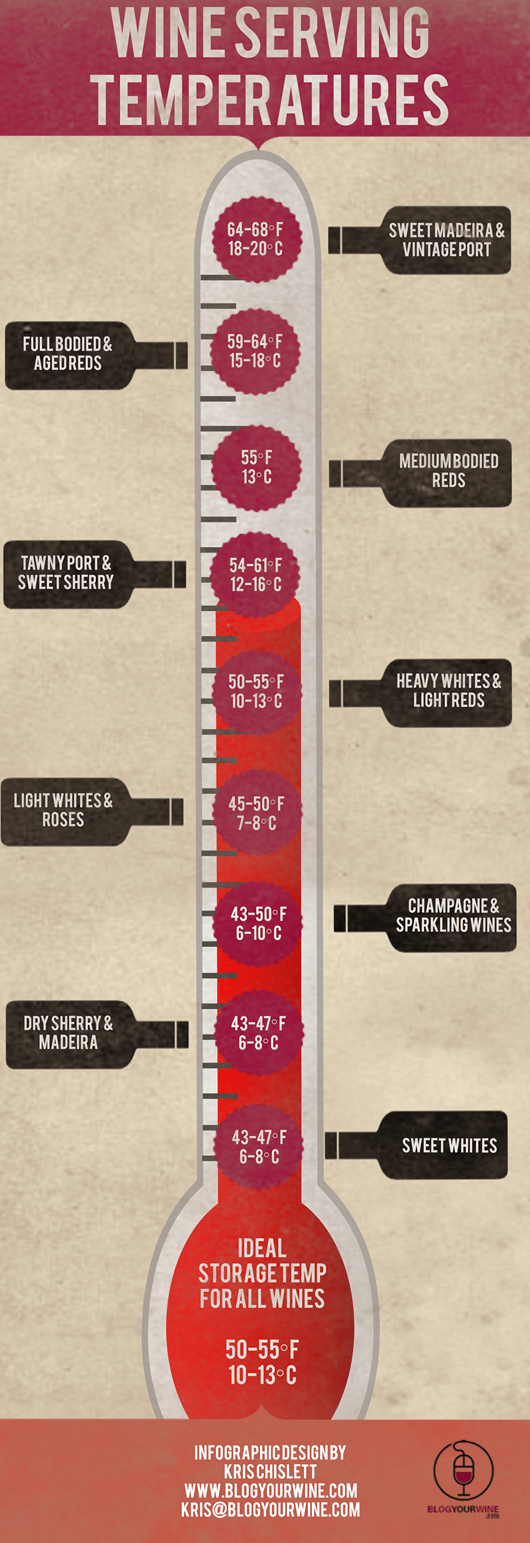“Do you want us to filet it for you?”, said the helpful fish monger at my local fish shop.
“Nah, that’s alright mate! I got it!”, I confidently replied, knowing full-well that I can’t remember the last time (if ever) that I filleted Sea Bass.
Work seems to have been so crazy for me lately, that putting the time into making a good home- cooked meal meal has kind of been put on the backburner. Pun intended. I therefore felt that I owed it to myself to put a little extra work into this recipe. It was my day off, and I had nothing better to do. I’d figure it out.
If you’re going to attempt this recipe for Black Sea Bass with Tomato and Black Olive Salsa, the easy (boring) route is obviously to get buy it pre-fileted. If you’re going to attempt it yourself, make sure you have a pair tweezers to pick out the pin bones, and a decent knife. I couldn’t find a pair of tweezers, so in true MacGyver-style I went at it with a pair of needle-nose pliers, after giving them a thorough soapy water scrub of course!
The Mrs. happened to walk in straight from work as I was throwing the remnants of the Sea Bass into the kitchen garbage.
“I’m glad tomorrow is trash day.” she said. “Otherwise, by the weekend, we’ll have all the cats in the neighborhood gathering outside our garage like a cat-Bon-Jovi concert is about to start.”
Postales Del Fin Del Mundo Sauvignon Blanc / Semillon from Patagonia, Argentina, was my wine of choice for pairing with the Black Sea Bass.
Sauvignon Blanc / Semillon blends are a French creation, originally stemming from the Bordeaux region of France. Therefore, whenever you hear ‘white Bordeaux’ casually mentioned, you know that the wines are going to be primarily Sauv / Sem blends.
Del Fin Del Mundo are borrowing the idea and running with it for this Argentine example of what the grapes can do in the Southern Hemisphere. I’ve tasted quite a few Del Fin Del Mundo wines and have been sizably impressed with each one. Their price-to-quality ratio always typically exceeds what I look for in a wine.
It didn’t come as a huge shock when I found out they have Michel Rolland consulting on some of their higher-end bottling’s. For those of you who don’t know who he is, click the link. His work is an interesting topic for discussion in the wine world.
This was a very impressive, and fairly simple recipe (apart from the filleting part). I’ve got to say, when it comes to recipes, my favorites are always the more basic ones, where the individual ingredients really shine through. It also seems to make it a little easier from a wine pairing stand-point.
The Postales showed the expected bright citrus characteristics of the Sauv Blanc, with the Semillon contributing peach and pear toward the back. There’s plenty of acidity and grassy notes to keep it interesting. Clean, crisp and with a refreshing finish. A bargain at $12.99!
If you’re a fan of New Zealand Sauv Blancs, give this a try. It’s a good example of what can Sauvignon Blanc can do south of the Equator; without feeling like someone is ramming lemons, limes, and wet stones down your throat!
I’ll rate this as a:
Perfect Match!
~ My Food & Wine Pairing Guide ~
Bad Match
The interaction of wine and food when tasted together has a negative impact on the senses. This is common when the food item is high in acidity, salt, bitterness, or spiciness.
Refreshment
Many times wine serves simply as a satisfying refreshment to accompany a certain food choice. The refreshment match may be appropriate when the food severely inhibits a good or synergistic wine choice.
Neutral
These pairing situations are average and pleasant, but are missing an element of individuality and thus cannot provide a superior gastronomic experience.
Good Match
In this situation, you have found a wine that matches the food item’s basic components (sweet, sour, bitter, salty) and overall body.
Perfect Match
This essentially means the combined effect of the wine and the food paired together is superior to the sum of the individual parts.











